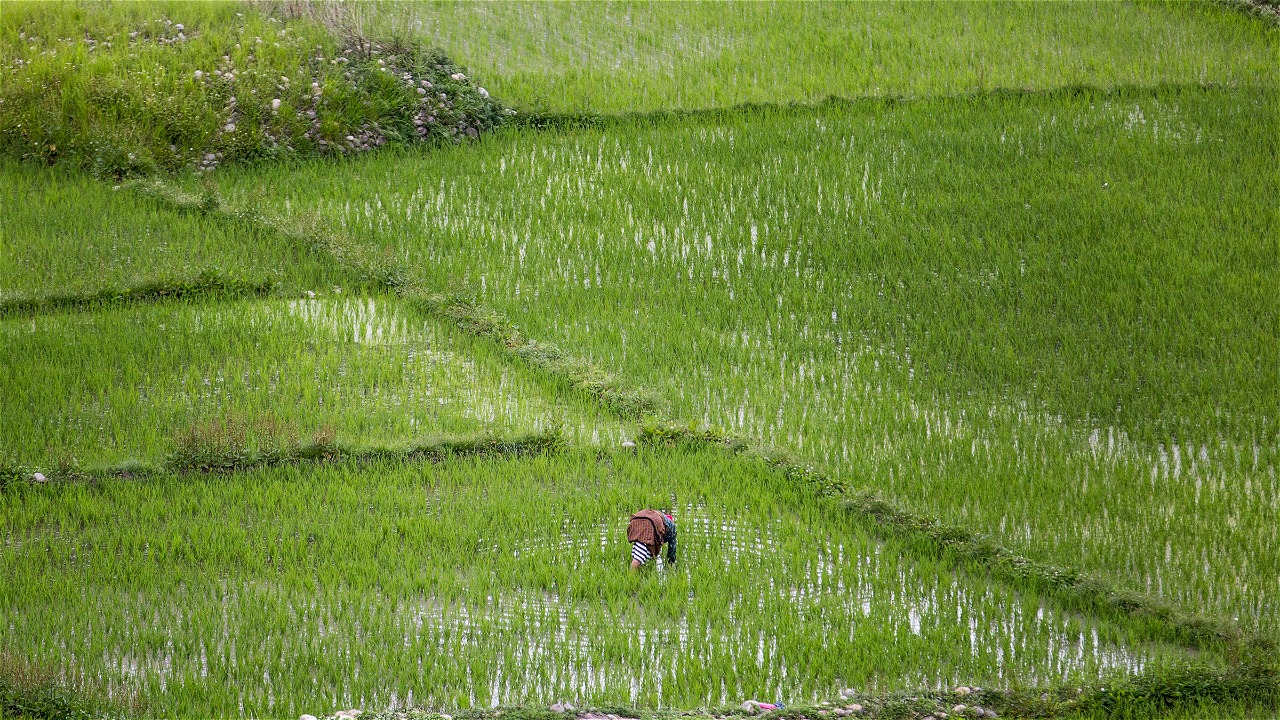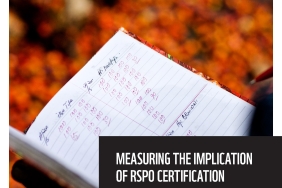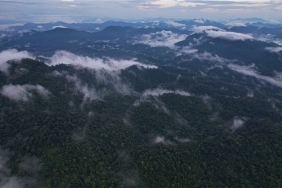WHEN VALUES CAN CHANGE FOOD SYSTEMS
Written by: Cristina Eghenter
The title plays on the theme of ‘change’ of this year World Food Day on October 16th: “Climate is changing, food and agriculture must too.” Food production, consumption and distribution systems need to change towards more sustainability, resilience and equality to ensure that the global sustainable development agenda remains on track and the risks of climate change are mitigated.
Experts talk about food systems to highlight the complexity of the issues around food, now also increasingly and powerfully evident to the public in general. Food security for a growing population is a challenge as much as the huge waste produced along the chain (1/3 of the food produced according to FAO). Policies and plans to increase food availability should equally require to ensure access to food, stability of supply, and quality of food, i.e., healthy, safe, nutritious and culturally appropriate. Food is about production systems, the chain of distribution and the choices of consumers. The chains at the heart of food are not just economic, but also socio-cultural and environmental. To be sustainable, these interconnected systems and relations need to guarantee human and environmental health and respect the fragility of the ecosystem. To be sustainable and fair, the food chains need to support traditional occupations such as small scale farming, shifting cultivation, fishing that constitute a key element of the livelihoods of millions of local communities and indigenous people. They also need to integrate the local knowledge and practices associated with traditional agricultural regimes and artisanal fisheries.
In rural areas in Indonesia food entitlements derive from communities’ own production, gathering of wild foods and other resources they depend on. Local people have used, managed and conserved many plants and species which have become important food sources and part of their ecological and agrobiodiversity heritage. The results of an initial survey to map food security and the role of biodiversity in 20 villages in eight districts of four provinces in Kalimantan (Heart of Borneo area), and conducted by NGOs in partnership with experts at the Faculty of Agriculture of the University of Palangka Raya, indicate that communities in the interior of Kalimantan still rely on a high number of species and varieties (wild and cultivated) for food consumption. Some of these varieties have tested high for nutritional and health values and provide viable alternative food sources. Preliminary data however also show that dietary habits are shifting towards more processed food sold in stores with higher starch/sugar content. Another trend is that, presently, the number of food plants known is higher than the number of food plants used or consumed. This is happening because of reduced and more difficult access to forest and land by small producers.
Food systems are a dynamic nexus where multiple actors and interests come into relations, build connections, create and trade values. The chains can be local, a ‘face-to-face’ producer-consumer relation, which usually ensures a more cohesive and resilient food system. They can also be complex, local-to-global-to-local chains where a few trading and retailing companies concentrate power and operate in vertical integration to control the chain and retain most of the economic value of the food commodity away from the 72% of small producers and farmers with less than one ha of land.
It is the latter model that it is most likely to cause disruptions and alterations in two fundamental dimensions of food systems: the relation of food production with the environment; and the social values, needs and rights of small producers at local level. In the first case the main risk is unsustainability and stretching the physical limits of production beyond a point of no return. In the second case, the obvious outcome is growing inequality with increased marginalization of the poor and vulnerable from the food system. Moreover, climate change can precipitate the situation by exacerbating food vulnerability and biodiversity loss. The appeal to change food and agriculture is urgent. The change needs to revive and strengthen the environmental and socio-cultural values of the food systems in order to contribute to the Sustainable Development agenda.
Green lifestyles, campaigns to encourage consumers to make the right choice, fair trade, ‘slow food’, certification schemes, urban gardens and community agricultural programs, but also emerging urban food policies and the procurement of sustainable food to institutional marketing channels exemplify efforts to change food systems by educating consumers, boosting local economies while safeguarding their natural basis, and protecting the cultural identity of food. These are ways that can enhance food security and resilience by expanding the base of food crops, preserving and cultivating local varieties and wild cultivars, and protecting the rich agro-biodiversity knowledge.
As consumers increasingly demand clarity, emphasize environmental and health issues, and embrace solidarity values, alternative models founded on trust help build a virtual ‘food community’ where everybody can become an agent of change towards more sustainable, resilient and equitable food systems as part of achieving all elements of SDG no 2, “End hunger, achieve food security and improved nutrition and promote sustainable agriculture.”
*the article written for The Jakarta Post on World Food Day 16 October 2016. The link for the article is on http://www.thejakartapost.com/news/2016/10/15/when-values-can-change-fo…





